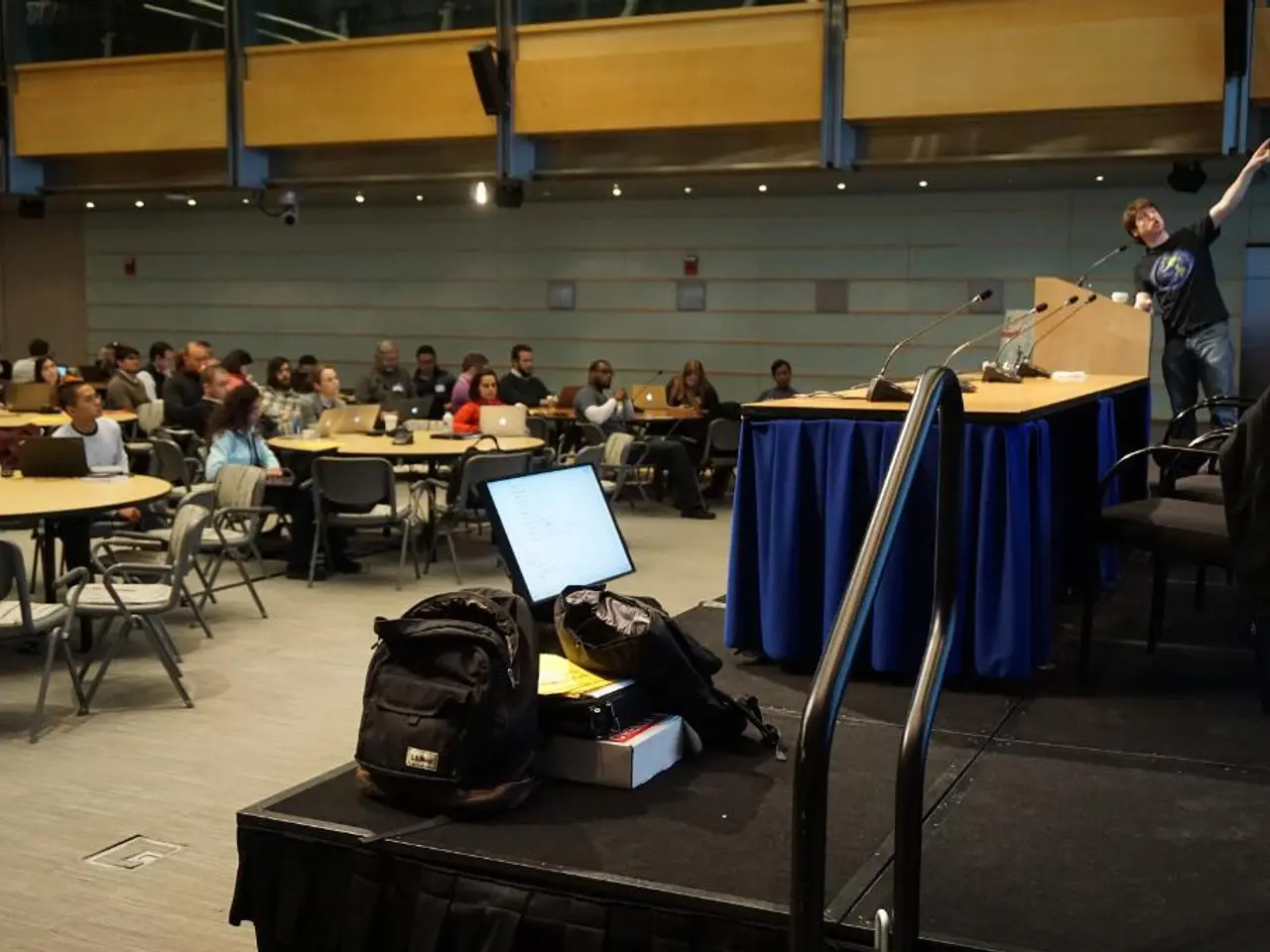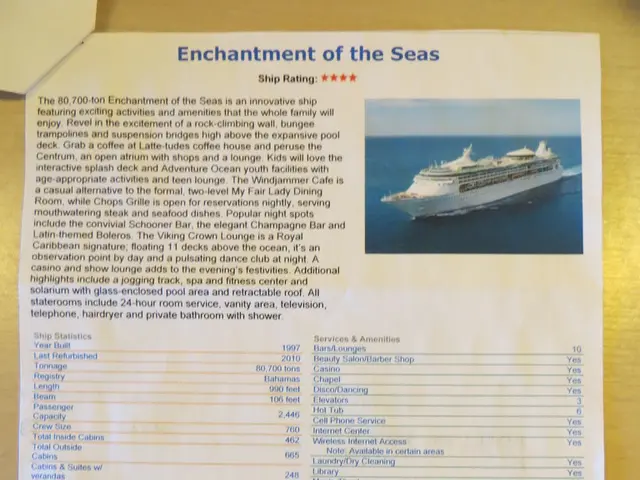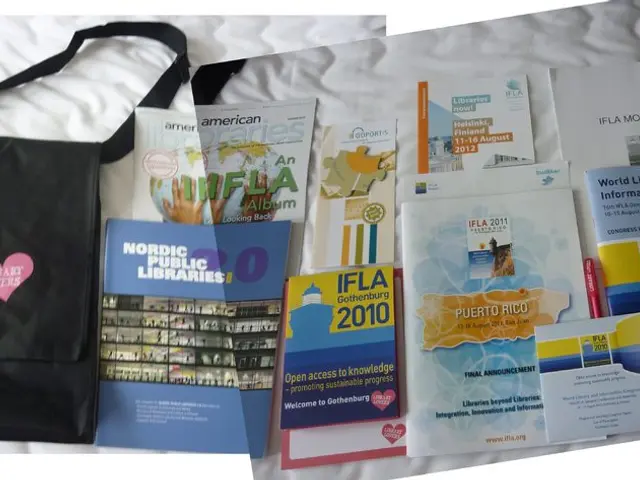"Four Uncomfortable Habits Exhibited by Americans Overseas to Prevent Using Foreign Languages"
In the realm of international travel, misunderstandings can often lead to humorous or embarrassing situations, especially for American tourists. One such example is the peculiarity of over-gesturing, a common habit that Americans may not realise is particularly amusing in countries like Italy, where gestures carry specific meanings that are often overlooked by tourists.
Unfortunately, such circumstances can sometimes escalate into more serious incidents, as was the case at a train station where an American tourist, growing aggressive and berating a clerk, received no help. This incident highlights the importance of understanding and respecting local customs and languages.
A study reveals that nearly a quarter of U.S. travelers believe that speaking louder will make English comprehensible to non-speakers. However, this approach becomes doubly ineffective as Americans tend to use complex phrasal verbs while raising their voices, further complicating communication.
Experts such as Prof. Dr. Manuel Oechslin, specialised in Political Economy, Prof. Dr. Leif Brandes in Market-Oriented Management, and Prof. Dr. Konstantin Beck in Health Economics and Management, all agree on the significance of language in travel.
Esther Gutierrez Eugenio, a language education expert with a Ph.D. and proficiency in nine languages, has observed many travelers talking louder and using complex phrasal verbs without success. She suggests three simple strategies to eliminate most cringe-worthy moments: use simple language, articulate clearly, and ask with simple words, pause, and confirm.
Brenda Meija, a language professor, has witnessed Americans' entitlement escalate to extreme conduct, including destroying signage at a Puerto Rican cafe. These instances underscore the need for travelers to approach local cultures with respect and an open mind.
Courtesy beats fluency; locals appreciate tourists who can say hello and thank you in the local language. While 80% of Americans believe learning basic phrases before traveling is important, only 58% actually make the effort to do so. This discrepancy between belief and action may be due to the misconception that English is widely spoken globally, with more than a third of Americans believing it to be unnecessary to learn basic phrases.
Interestingly, 17% of U.S. tourists deliberately choose American chains abroad to avoid language mishaps when ordering. However, this approach robs them of the opportunity to immerse themselves in local cultures and experiences.
Learning a few basic phrases can lead to locals appreciating the effort, even if mistakes are made, and can result in a great travel story. So, the next time you plan a trip abroad, consider taking the time to learn a few phrases in the local language. It could make all the difference in your travel experience.
Read also:
- Urban Pacific microcosm: Playa Renaciente encapsulates the essence of city life along the Pacific coast
- Notable individuals partner with Global Sumud Flotilla en route to Gaza
- Two compelling literary works on Israel: Arnold Zweig's "The Friend Comes Home" and Chaim Noll's "The Silence After the War: Morning's Whisper"
- Increased flow of unfavorable information surfaces








